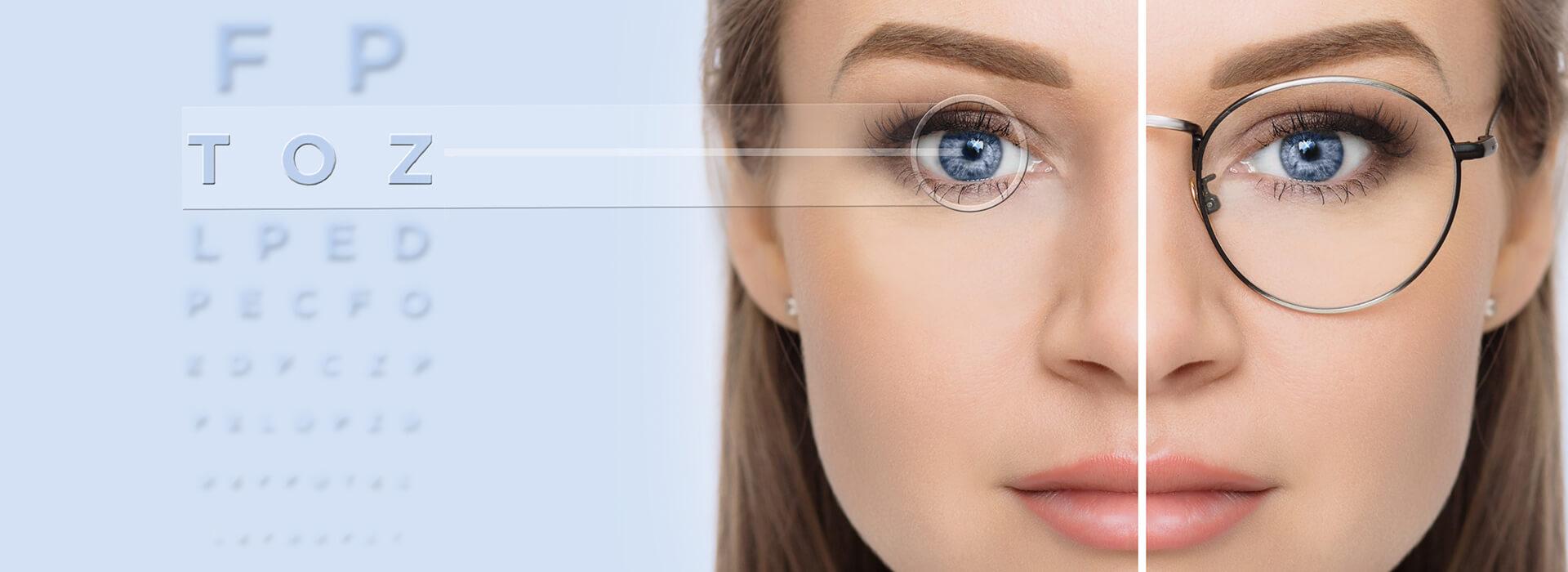[:en]
If you search online for Lasik treatment you will come across countless articles on money back guarantees in case the procedure doesn’t go as planned. This will sound rather frightening to patients, particularly those contemplating laser eye surgery. If you are unable to find some hard facts vs a whole lot of myths it can be frustrating. You may see message boards filled with people arguing that laser eye surgery is not as great as everyone says. You have to distinguish between fact and fiction and people who may have been simply paid to say something. Here are the real questions. Are there risks involved? Can there be complications?
On one hand, there are clinics which guarantee that you have nothing to worry about and stories indicating the procedure is not really worthwhile. How do you find the truth?
The chances of complications occurring are few and far between, however, it also depends from one clinic to another. With technology advancing and laser eye surgery using cutting edge software, the likelihood of something going wrong is minimal. You can be very certain you will leave the clinic with better vision than when you first walked in. And with experienced eye surgeons, comprehensive eye exams and proper after-care, the chances decrease.
What about side effects? Patients may experience dry eyes. This can be a side effect of laser eye surgery. It is part of your recovery that is perfectly normal and will settle down completely within a couple of days. You will be prescribed lubricating eye drops to minimize any discomfort. Some patients may experience night vision disturbances. This is in the form of starbursts and halos around street lamps and headlights. These are temporary symptoms and will clear up within a few weeks post surgery.
There is nothing else to worry about when it comes to Lasik treatment in Dubai. There is no pain, and for those that feel discomfort you can use over the counter medication. And no, you certainly won’t go blind from the procedure. The success rate of Lasik treatment is 96% with no known cases of complications recorded since the procedure was first introduced over three decades ago.
[:]
